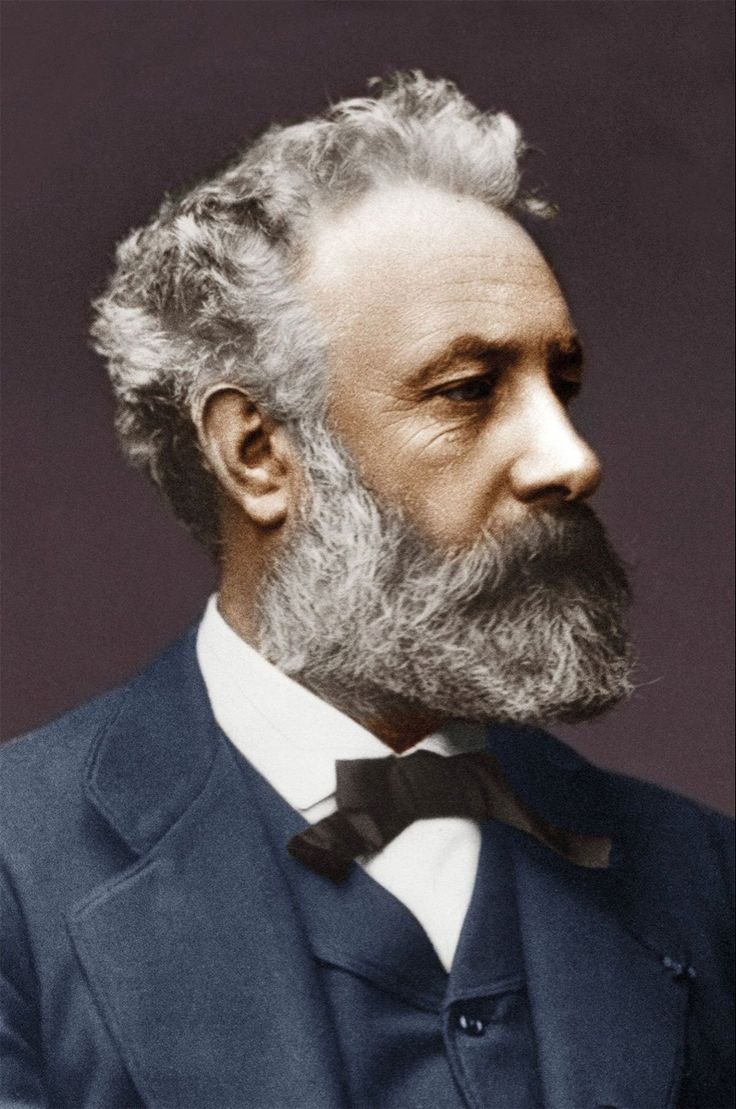Jules Verne: Biography, Daily Life Impacts, History, Facts & Significance
Introduction
Jules Verne is often regarded as the “Father of Science Fiction,” inspiring generations with his visionary works. His novels, filled with adventure, science, and exploration, have left a lasting impact on literature, technology, and popular culture. In this article, we will dive deep into his biography, daily life, contributions, and the significance of his work in modern society.
Biography of Jules Verne
Early Life and Education
Jules Gabriel Verne was born on February 8, 1828, in Nantes, France. From a young age, he was fascinated by travel and exploration. His father wanted him to study law, but Verne was more interested in writing. He eventually moved to Paris to pursue literature while still completing his law degree.
Literary Career
Verne’s breakthrough came when he met Pierre-Jules Hetzel, a publisher who recognized his talent. His first major novel, “Five Weeks in a Balloon” (1863), was a huge success. He then wrote some of the most famous adventure novels, including:
- “Journey to the Center of the Earth” (1864)
- “Twenty Thousand Leagues Under the Sea” (1870)
- “Around the World in Eighty Days” (1873)
Personal Life
Jules Verne married Honorine de Viane Morel in 1857, and they had a son, Michel. Despite his fame, he led a relatively quiet life in Amiens, France, where he continued to write until his death on March 24, 1905.
Daily Life and Writing Routine
Jules Verne was highly disciplined in his writing. He followed a strict schedule:
- Woke up early and spent hours researching scientific discoveries.
- Wrote at least 10-15 pages per day, often working late into the night.
- Frequently traveled, gathering ideas and inspiration for his books.
- Stayed updated with technology, which helped him predict inventions like submarines, space travel, and helicopters.
Impacts of Jules Verne’s Work
1. Influence on Science and Technology
Many of Verne’s ideas have become reality. His detailed descriptions of submarines in Twenty Thousand Leagues Under the Sea inspired the creation of real-life submarines. Similarly, From the Earth to the Moon predicted space travel long before it became possible.
2. Contribution to Science Fiction
Verne, along with H.G. Wells, is considered a pioneer of science fiction. His books combined real science with adventure, making readers believe in the possibility of futuristic inventions.
3. Educational and Cultural Impact
His books are widely studied in schools and universities. They encourage curiosity, creativity, and scientific thinking, influencing writers, engineers, and filmmakers worldwide.
4. Influence on Film and Media
Verne’s novels have been adapted into countless movies, TV series, and even theme park attractions. Notable adaptations include:
- Around the World in 80 Days (1956, 2004)
- Journey to the Center of the Earth (1959, 2008)
- Twenty Thousand Leagues Under the Sea (1954, upcoming 2025 remake)
Interesting Facts About Jules Verne
- He was almost a lawyer. His father wanted him to be a lawyer, but he followed his passion for writing instead.
- He predicted submarines, helicopters, and space travel. Many of his inventions came true in the 20th century.
- He wrote over 60 novels. His works form the famous “Voyages Extraordinaires” series.
- He survived a gunshot attack. His mentally ill nephew shot him in 1886, causing a leg injury.
- His unpublished works were discovered after his death. Some were later published by his son, Michel.
- He was one of the most translated authors in the world. His works are available in over 140 languages.
- NASA engineers credit him as an inspiration. Many astronauts grew up reading his books.
- He had a love for travel but rarely left France. Most of his adventures were imagined.
- A crater on the Moon is named after him. It’s called the “Verne Crater.”
- He is still celebrated worldwide. His birthday, February 8, is honored by literary and scientific communities.
Why Jules Verne Is Still Important Today
- Encourages scientific curiosity: His books make science exciting and accessible.
- Promotes creativity and imagination: His storytelling style continues to inspire authors and filmmakers.
- Supports futuristic thinking: His ideas on space, travel, and technology remain relevant.
How to Observe and Celebrate Jules Verne’s Legacy
- Read his books – Start with Around the World in Eighty Days or Twenty Thousand Leagues Under the Sea.
- Watch movies based on his novels – Many classic films are available on streaming platforms.
- Visit places dedicated to him – The Jules Verne Museum in France showcases his life and work.
- Share his quotes and ideas – Inspire others with his visionary thoughts.
Wishing Someone on Jules Verne Day
If you want to celebrate Jules Verne Day (February 8), you can say:
“Happy Jules Verne Day! May your imagination take you on extraordinary adventures just like his stories!”
Conclusion
Jules Verne’s influence on literature, science, and technology is undeniable. His futuristic vision and thrilling adventures continue to inspire dreamers, scientists, and storytellers. Whether you’re an avid reader, a tech enthusiast, or a film lover, his works remain a must-experience journey into the extraordinary.










